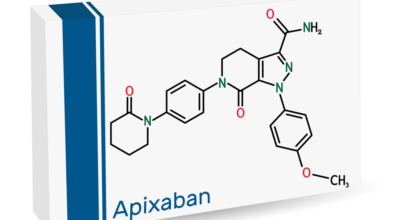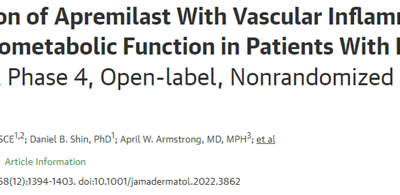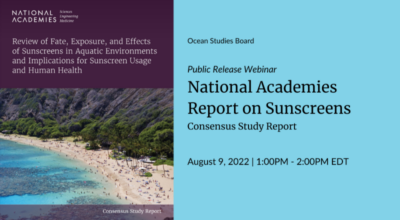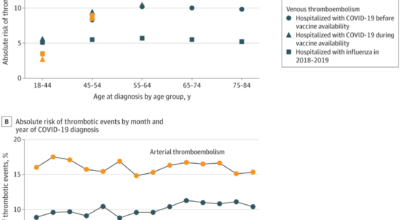
From Nudge to Habit: Penn Study Finds Lasting Gains in Seatbelt Use
Penn Medicine researchers, including M. Kit Delgado, MD, MS, found that small financial incentives using connected car data significantly increased seatbelt use—even after rewards ended—offering a low-cost, scalable strategy to improve driver safety nationwide.

AI ‘Scribe’ Reduces Clinician Workload, Improves Patient Interaction
Kevin B. Johnson, MD, MS, and Penn Medicine researchers conducted a study demonstrating how an AI-powered scribe technology reduces clinician workload, enhances patient interactions, and decreases after-hours documentation, improving efficiency and easing physician burnout.

Using AI to Uncover Hospital Patients’ Long COVID Care Needs
In a new study, Yong Chen, PhD and colleagues at Penn Medicine, used AI and latent transfer learning to analyze long-COVID data, identifying four patient sub-populations with distinct care needs, improving hospital resource allocation and tailoring treatment for diverse patient populations.

AI Tool Analyzes 30K Data Points Per Medical Imaging Pixel in Cancer Search
Mingyao Li, PhD and her Penn Medicine colleagues developed an AI-powered tool called MISO (Multi-modal Spatial Omics) that can detect cell-level characteristics of cancer by looking at data from extremely small pieces of tissue—some as small as the width of five human hairs.

The University of Pennsylvania Prevention Research Center Awarded a $6.5 Million CDC Grant
The University of Pennsylvania Prevention Research Center has received a $6.5 million CDC grant to advance community-based prevention research, focusing on improving shared decision-making for older cancer patients. This five-year project will study interventions tailored to patients’ needs, enhancing outcomes in Philadelphia and beyond.

Penn and CHOP Researchers Secure $50M NIH Grant to Study Environmental Impact on Pregnancy and Children’s Health
Penn and CHOP researchers receive a $50 million NIH grant to study how environmental exposures impact pregnancy and child health, aiming to reduce health disparities and improve maternal-child outcomes.

Penn Medicine Study Shows High Pregnancy Weight Gain Tied to Higher Risk of Death in the Following Decades
Excess weight gain during pregnancy increases long-term death risk from heart disease and diabetes, a Penn Medicine study finds, highlighting the need for better prenatal weight management and preventive care.

Pregnancy Complications Tied to Higher Risk of Death As Long As 50 Years Later
Pregnancy complications like preterm birth and high blood pressure increase long-term death risk, a Penn Medicine study finds, highlighting the need for preventive care decades after childbirth.

Stroke, Clot Risk Halved in Patients with Heart Disease and Arrhythmia Who Took Blood Thinners Apixaban Versus Rivaroxaban
A difference in the effectiveness against strokes and other blood clots was easily visible in the first year among patients who’d taken the anticoagulant apixaban rather than rival rivaroxaban, according […]

Penn Research Finds Psoriasis Medication Leads to Fat Loss
First study author, Joel M. Gelfand, MD, MSCE, and the investigators discovered that apremilast (brand name Otezla), which has helped psoriasis patients achieve clearer skin and ease the symptoms of their psoriatic arthritis, could […]

Researchers Use AI to Predict Rare Diseases
Penn Medicine researchers will help lead the development of an algorithm to flag patients at risk of rare disease thanks to a $4.7 million NIH grant. This 4-year U01 will involve 10 […]

Ocean Studies Board releases sunscreen report – August 9, 2022
The National Academies held a public release webinar of a new report on Tuesday, August 9 from 1:00pm to 2:00pm EDT. The report, Review of Fate, Exposure, and Effects of Sunscreens in Aquatic […]

People with Severe COVID-19 Face Increased Risk of Life-Threatening Blood Clots
COVID-19 has been associated with a multitude of diseases, but can it also increase the risk of dangerous blood clots? Dr. Vincent Lo Re III and colleagues explore the risk […]

National Academies Report on Sunscreens: Consensus Study Report
With temperatures heating up, people are heading to the beaches to cool off, but how does their sunscreen affect the surrounding oceans? Karen Glanz, PhD, MPH, investigates this question on […]

Moderate Amounts of Caffeine Not Linked to Maternal Health Risks
Low to moderate caffeine intake during pregnancy may lower gestational diabetes risk without increasing risks for preeclampsia or hypertension, a Penn Medicine study finds, offering reassurance to pregnant coffee drinkers.